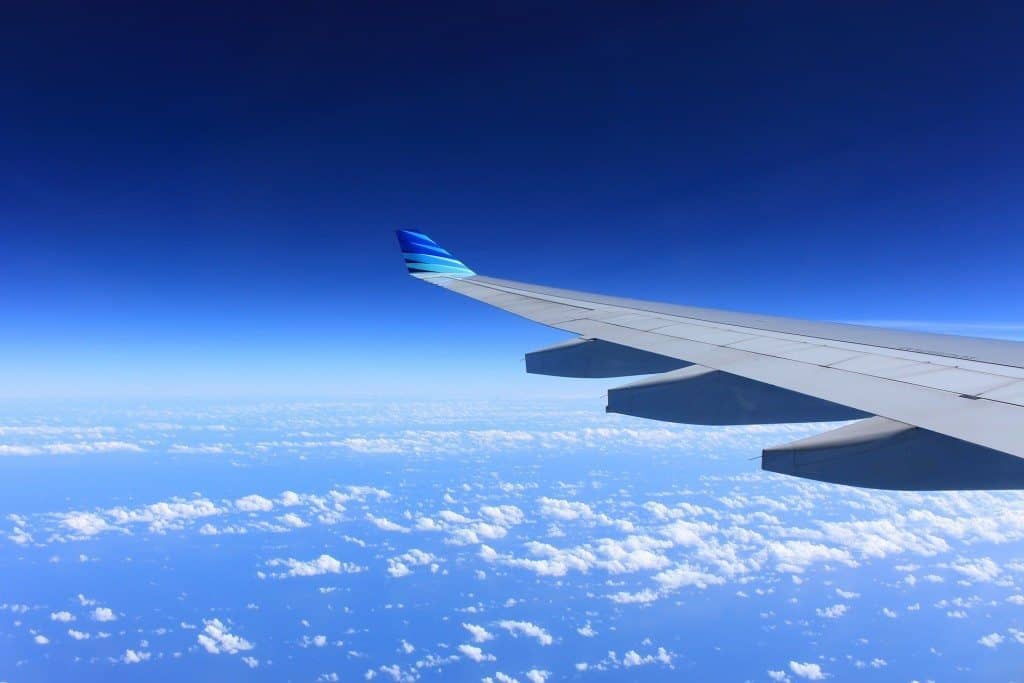Don’t worry about having a heart attack on an airplane. Chances are good. You’re likely to live. At least you’ll see a doctor.
Did you know that if you were to fall ill on an airplane, there’s about a 78% chance that there would be a medical professional on board who is ready and willing to help you?
These doctors and nurses have shown they’re so ready to act for the general public while we’re cruising at 40,000 feet that only 7% of all flights where there’s a medical emergency need to be diverted.
This quick public service response has an incredibly beneficial effect on passenger health, of course, but it also saves airlines up to $100,000 per flight that it would otherwise cost to re-route to the nearest city.
One recent story caught my attention, though.
The story of a flight where a doctor willingly helped an ill-stricken passenger. Because the doctor stepped up and offered his services, the flight was able to continue. You can read the story HERE or HERE.
But then things got interesting.
The doctor was given a complimentary cup of coffee for his service (the same cup of coffee we all get on a flight, even when we’re trying to sleep,), but when he asked for a Kit Kat to accompany his coffee, he was told he would need to cough up the $1.73 to pay for it.
The doctor was annoyed, and he complained. Surely, corporate would have seen the validity of the doctor’s annoyance.
But they didn’t. At first, his emails and requests were ignored.
So he escalated his complaint, and they responded with another smack in the face.
He could have up to, “one free piece of luggage on his next easyJet flight.”
He attempted to yet again to get a valid response, but was told: “We adhere to our policy.”
So then the doctor went to the media and the wonderful world wide web took it from there.
The airline, easyJet, later apologized, admitted they screwed up, and gave the doctor one free flight.
How many people had a chance to nip this in the bud before it got out of control?
Plenty. And in this case, it never should have made it past the flight attendant, but it did. How far would it get in your company?
This story is one we’ve heard over and over again – where the rulebook seemed to rule the day, prevailing over simple common sense.
easyJet prides itself on ultra low prices. But if doctors and nurses refused to fly for the airline and more than 7% of flights had to be diverted because of medical emergencies, you can guarantee that keeping prices so low wouldn’t be so easy.
Give me a break. Wasn’t that the old Kit Kat slogan?
Today’s Key Question: Would your people be able to make the right decision over a $1.73, or would they revert to the rulebook?
I’d never heard of easyJet before, but I have now, and it’s a story that will stick. In our modern digitally-connected age, both positive and negative word-of-mouth can spread like quickly, and nobody is immune.
Would somebody in your company do the right thing before it spiraled out of control?
easyJet airline decided to avoid a $1.73 loss, and instead embrace a loss of millions of dollars in lost revenue, negative publicity, and brand self-sabotage.
All this for a Kit Kat…
